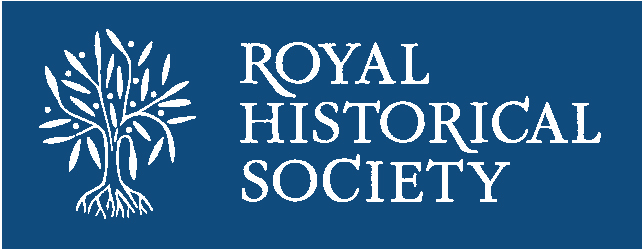(image source: Royal Historical Society)
The Royal Historical Society signalled an article by Prof. Anthony Musson (Exeter) on the Magna Charta at 800.
Intro:
In January 2015 the Exeter-based Express and Echo ran a story (also frontline news in the Daily Mail): Defiant hoarder vows to fight council’s clear-up order… using the Magna Carta! Threatened with a notice from the council to declutter his house, a Plymouth pensioner, Arthur Watson, claimed protection of the Great Charter on the basis that his rights had been breached since (in his words): ‘The Magna Carta states that no free man may have his possessions taken without due process and the judgement of his peers.’The full text can be read on the Royal Historical Society's website.
This year we are celebrating the 800th Anniversary of King John’s accord with the English barons, the treaty sealed at Runnymede on 15 June 1215 that became the ‘Charter of Liberties’. Mr Watson’s perception of the modern relevance and value of Magna Carta, however misguided in precise legal terms, not only bears witness to its continuing influence, but also its place in the ‘popular’ imagination. This is in spite of the fact that the Charter’s binding provisions lasted a mere 10 weeks before it was annulled by the Pope upon John’s application. After John’s death in October 1216 it could have remained a dead letter, but for its resurgence as a tool of royal propaganda, revised and reissued first in November 1216 and then definitively in 1225, promoting the future good governance of the young Henry III. The rolls of parliament and various statutes, ordinances and treaties of the period demonstrate how from the thirteenth century onwards Magna Carta was enshrined in the lexicon of political/constitutional debate between the king and his subjects.



No comments:
Post a Comment